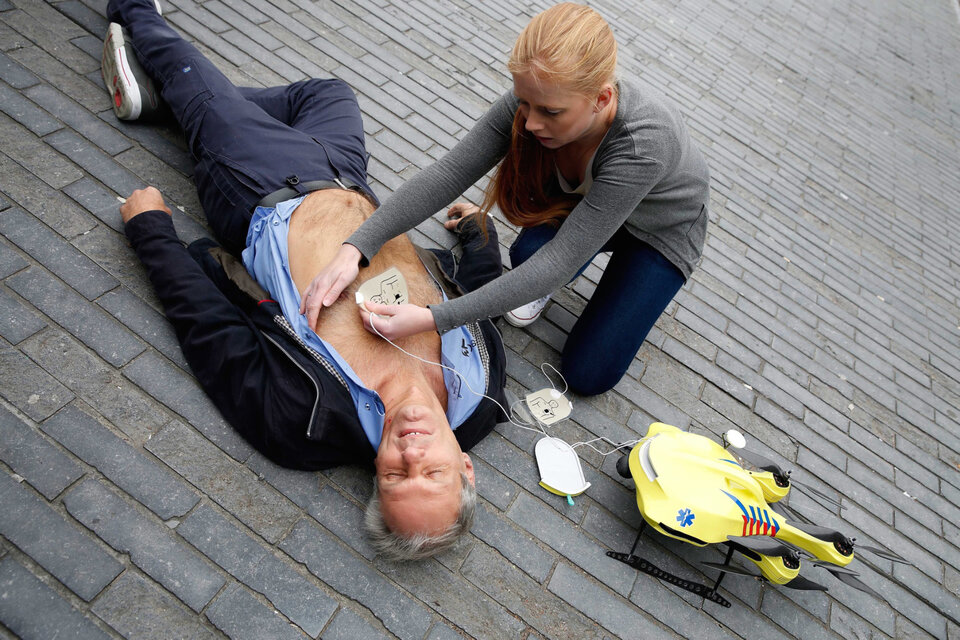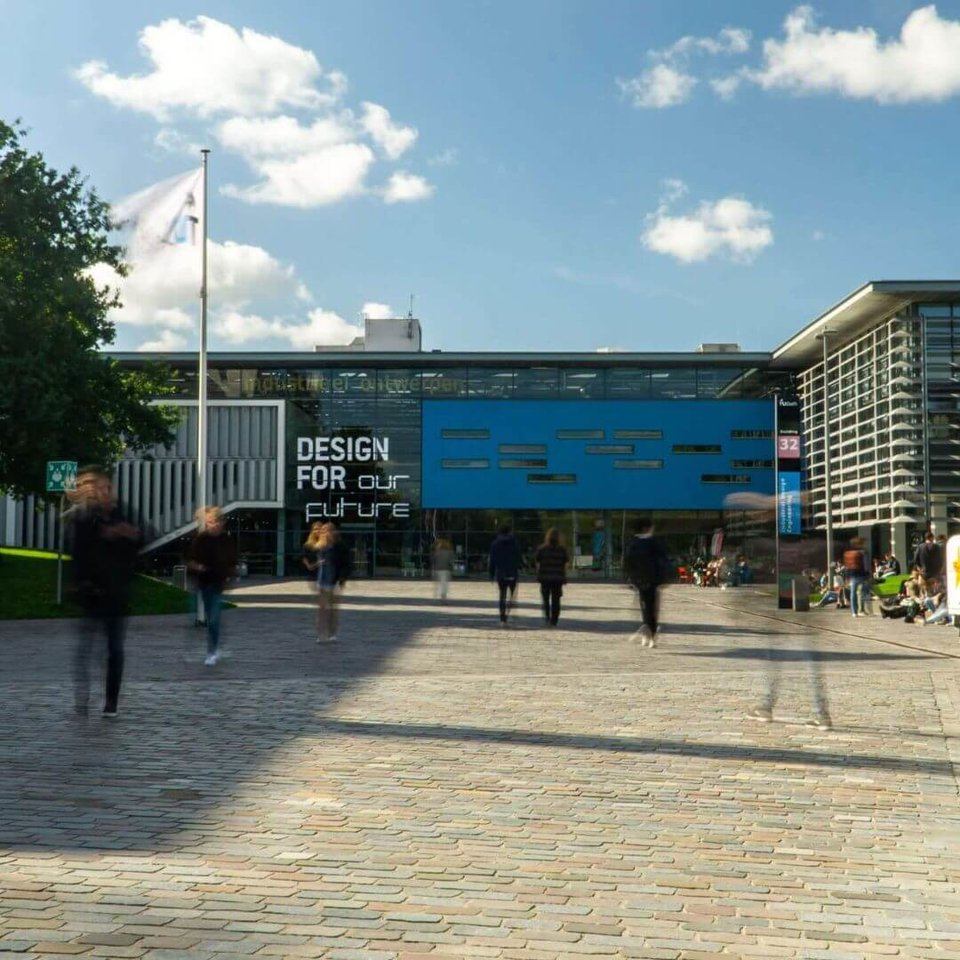Programme
The MSc Strategic Product Design (SPD) is a two-year programme. The first year covers general competences through the faculty core and programme core courses. You will also be able to shape your own learning path by choosing courses along three themes. In the second year, you will specialise or broaden your scope in a free elective semester and conduct your graduation project in the final semester.
In order to complete the SPD programme, students should complete the core courses (two faculty core, three programme core courses and two design studios), a programme elective part (three programme electives), a free elective part (worth 30 ECs), and the graduation project.
Programme Overview
Semester 1
Semester 2
Course Descriptions
The different course types are explained below.
-
These compulsory courses bring together all Industrial Design Engineering master’s students, offering them the opportunity to share their experiences and perspectives.
- Faculty Core 1: Delft Lectures on Design
5 EC, Fall Semester - Q1
This course explores how design addresses current disciplinary and societal challenges. It also addresses historic models, technological change, and societal drivers in relation to contemporary discourse in research and design.
- Faculty Core 2: Design Processes and Practices
5 EC, Spring Semester - Q3
This course equips students with theoretical foundations and practical insights that foster critical thinking and reflecting by delving into key concepts, methods, and emerging technology-design interconnections.
- Faculty Core 1: Delft Lectures on Design
-
These courses introduce students to the core of strategic design in terms of theoretical grounding, core competencies, and research methods. These courses offer foundational knowledge on how organisations and innovation ecosystems interact and innovate and how strategic design can add value to innovation practices. Additionally, students complete a related design studio project ensuring stakeholder engagement and impactful outcomes through strategic design.
- Foresight and Backcasting
5 EC, Fall Semester - Q1
This course provides an understanding of socio-technical transitions and the extent to which they can be influenced by mastering tools such as design roadmapping, trend research, and prototyping to connect historic context, the present and the future of organisations and networks.
- Research Methods for Strategic Design
5 EC, Fall Semester - Q2
This course introduces qualitative and quantitative academic research methods tailored to the key phases of innovation in which strategic designers operate.
- Deep Dive into Organisations
5 EC, Fall Semester - Q2
This course provides students with advanced knowledge of organisational dynamics, how they innovate and how strategic designers can enhance their value.
- Design Studio 1: Strategic Design Studio
10 EC, Fall Semester - Q1 & Q2
This course guides students through the steps and challenges of a strategic design project. They will cultivate essential design capabilities including (re)framing organisational challenges, using collaborative approaches, applying design reasoning to generate innovations, and using design leadership for effective stakeholder collaboration and tangible strategic outcomes.
- Foresight and Backcasting
-
Programme electives and related design studios are advanced courses that are tailored for programme-specific competences. Each of these electives belongs to a theme which is linked to areas of expertise within the faculty.
- Strategic Design for Technology-Enabled Innovation
This theme empowers designers to lead technology transitions and innovation, equipping them to envision roadmaps, innovations, and business models while connecting technological advancements to human and environmental needs. Read more about this theme and its courses here.
- Strategic Design for Social and Sustainable Innovation
This theme empowers designers to strategically shape innovation for societal and sustainable impact by fostering collaboration between various sectors, and using design to drive innovation, policy development, and systemic change. Read more about this theme and its courses here.
Please note, the two programme electives listed below are not attached to a particular theme. These electives offer deepening of knowledge and experience for those particularly interested in research methods for strategic design.- Quantitative research methods for strategic design - 5 EC, Spring Semester - Q4
This course instructs students in quantitative research techniques within Strategic Design. This involves methodologies like case study, action research, and ethnography, guiding students in practical application to real research topics. -
Qualitative research methods for strategic design - 5 EC, Spring Semester - Q4
This course instructs students in qualitative research techniques within Strategic Design. It involves methodologies like case study, action research, and ethnography, guiding students in practical application to real research topics
- Strategic Design for Technology-Enabled Innovation
-
There are different options to fill up this 30EC elective space. You can follow (elective) courses and projects offered by the IDE faculty, other TU Delft faculties or Dutch universities, an internship (max 15 ECs) or study abroad.
Read more about these options here: Free elective space opportunities .
-
This is the final educational activity when doing an MSc in Industrial Design which results in an MSc thesis. The graduation project is worth 30 ECTS.
Programme Themes
Explore the links below to find out more about the SPD MSc programme's themes:
Specialisations
There are several specialisations for this master’s programme.

